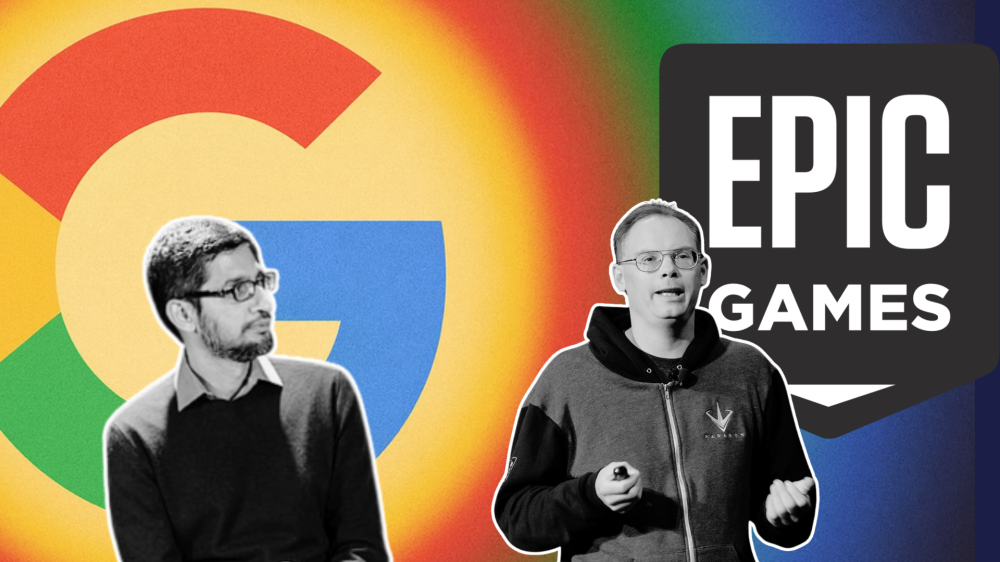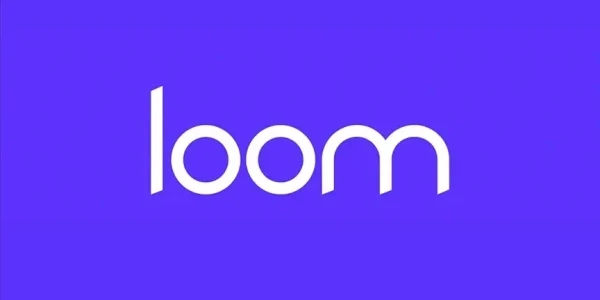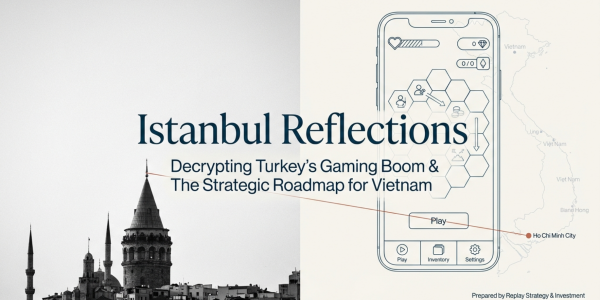What the recent Epic v Google appeal ruling means for app developers and the broader mobile ecosystem


Back in July, a federal court upheld a ruling in favour of Epic Games and Fortnite over Google. Beyond the headlines and courtroom drama, the ruling is reshaping how developers think about distribution, payments, and direct-to-consumer strategies.
Matt Tubergen, EVP of Global Strategy & Partnerships at Digital Turbine, explores.
Epic scored the verdict, but developers scored the freedom
This ruling marks a major shift. App developers will now see increased flexibility in distribution and payment management options. It opens the door to real competition, where developers aren’t locked into one revenue model or forced to go through a single gatekeeper. They can reach users directly, use their own payment systems, and explore new business models without sacrificing a cut of their profits.
This is a historic moment: developers can finally control their payment options, reach users the way they want, and compete on merit inside the Android ecosystem—not just from the sidelines. The road ahead still has challenges, but developers now have more control and more opportunity to keep the value they create.
Direct installs just graduated from theory to reality
It validates direct to consumer distribution as a real opportunity, not just a theory. Developers can now think more seriously about how to reach consumers on their devices, whether through direct (non-store) installations from safe and secure alternative channels, preload partnerships, dynamic on-device discovery, and even alternative app stores.
The big upside is having control over user experience, payments, and visibility. Developers need to build trust by collaborating with the right distribution and payment partners to ensure secure installs and create smooth, intuitive onboarding.
The proof comes from how developers are already using the platform
Our platform connects the dots between carriers, mobile OEMs, and app developers, creating new and smarter ways for users to discover apps. We’ve helped major game developers expand distribution beyond the Google Play Store by enabling D2C installs from the web through our secure innovative and streamlined distribution format - SingleTap.
It’s a win on both sides. Users get a faster, smoother experience with fewer steps, and developers gain a powerful alternative to sideloading that removes friction and opens up new channels for growth.
Predictions on what's to come on the DTC front
One of the most significant changes will be the separation of payment systems from app store control. With the Epic v. Google ruling, Google must now allow third-party payments directly within apps instead of redirecting users to the web. This opens the door for developers to offer more flexible and user-friendly payment options within their own experiences.
Just as importantly, Google is now required to allow apps, even those installed through Google Play, to cross-promote and install other apps without restrictions. Historically, Google and Apple didn’t just control payments - they built walls around the entire ecosystem, including advertising. Developers were blocked from recommending or advertising apps that bypassed the Play Store, effectively forcing users back into that ecosystem.
That’s starting to change. The ruling paves the way for more open promotion, discovery, and distribution. It gives developers the chance to innovate, reach users more directly, and participate more fully in a competitive and open mobile ads ecosystem.
Joining the Coalition for a Competitive Mobile Experience
We joined because user choice drives innovation, and the mobile ecosystem needs a more open and competitive foundation. The coalition brings together companies like Meta, Spotify, and Garmin to push for that change, and DT is proud to contribute both technically and strategically.
With over a decade of experience in app distribution, deep partnerships across the mobile ecosystem, and our Ignite technology live on more than 1 billion Android devices, we bring unique insight into how apps are discovered, installed, and monetized at scale. More than 82,000 apps rely on our platform, giving us a clear view into the real challenges developers face.
Our role in the coalition is to advance its mission through practical, hands-on support, providing both technical and commercial solutions that strengthen the industry as a whole and expand possibilities for developers and users alike.
With this shift, developers will be able to compete based on the quality of their product, not just the size of their budgets.
How CCMEs influence the balance of power between app stores, developers, and consumers
The coalition unites various companies aiming for a more open, competitive, and user-friendly mobile ecosystem. DT is dedicated to helping app developers regain control of their economics and growth. This coalition is another great step to promote the momentum shift we are already seeing.
Operating systems are being pushed to open up key parts of their platforms, from payments to APIs, so other companies can build and compete on fair terms. Right now, OS providers hold a disproportionate amount of control. Just like the DOJ ruling against Microsoft in the early 2000s addressed unfair advantages in desktop computing, we believe today’s mobile platforms should not be allowed to block or limit third-party software and hardware companies. The coalition is helping drive that conversation forward.
Where does this leave mid-size or indie app developers?
This is where the impact could be most significant. Smaller and mid-size developers typically don’t have the resources to fight legal battles or build their own distribution pipelines. This ruling, along with our work in the coalition, helps level the playing field. It opens the door to fairer economics and broader distribution opportunities.
Right now, it doesn’t make sense that you can download an app on your Mac, pay directly within it, and bypass a store entirely. In contrast, on mobile, you’re locked into a single app store and payment system. That double standard is starting to break down.
With this shift, developers will be able to compete based on the quality of their product, not just the size of their budgets. At Digital Turbine, we support this change by offering secure, scalable solutions that help developers take control of their app distribution and reach users more directly.
How consumer behaviour around app discovery and installation will change
This will happen gradually. App stores have been the default for so long that consumer habits won’t shift overnight. But, as more trusted alternatives emerge through operators, OEMs, and on-device discovery, and as the install process becomes seamless, users will start to feel more confident exploring new channels. Over time, this will reduce the industry’s dependency on a single app store and give consumers more choice in how and where they discover apps.













